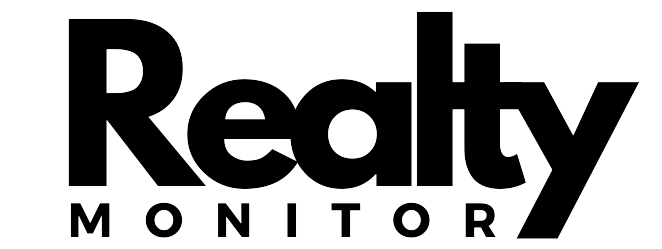The demand for holiday homes has significantly tapered off as rental prices continue to fall. This trend is observed in popular vacation destinations where the market is experiencing an oversupply of rental properties, leading to decreased profitability for property owners. The article examines the factors contributing to this decline and its implications for the real estate market.
In a notable shift in the real estate market, the demand for holiday homes is tapering off as rental prices continue to fall. This trend is particularly evident in popular vacation destinations where an oversupply of rental properties is causing a downward pressure on rental income, reducing the profitability for property owners.
Several factors are contributing to this decline. Firstly, the lingering effects of the COVID-19 pandemic have changed travel behaviors, with more people opting for shorter stays and preferring hotels over rented holiday homes due to perceived health and safety benefits. Secondly, the increasing number of holiday homes available for rent has saturated the market, making it difficult for property owners to maintain competitive rental rates.
Real estate experts note that falling rental prices discourage potential investors from purchasing holiday homes, as the return on investment is no longer as attractive. “The holiday home market is experiencing a correction,” says Anuj Puri, Chairman of Anarock Property Consultants. “Owners and investors need to adjust their expectations and strategies in response to the changing dynamics.”
Moreover, with the cost of property maintenance and management remaining constant or even increasing, many property owners are finding it challenging to break even, let alone make a profit. This scenario is prompting some owners to sell their holiday homes, further adding to the market’s supply.
As the market adjusts, experts advise potential investors to conduct thorough market research and consider long-term trends before making decisions.















